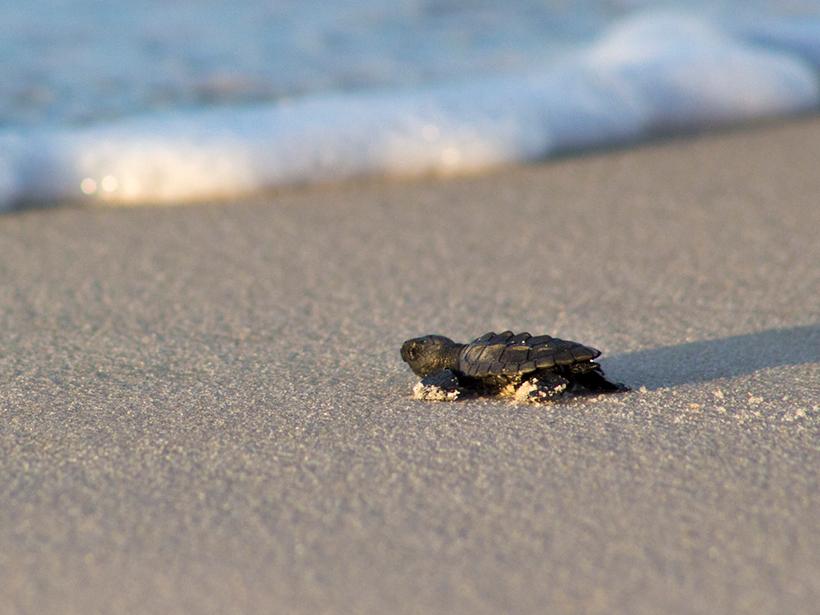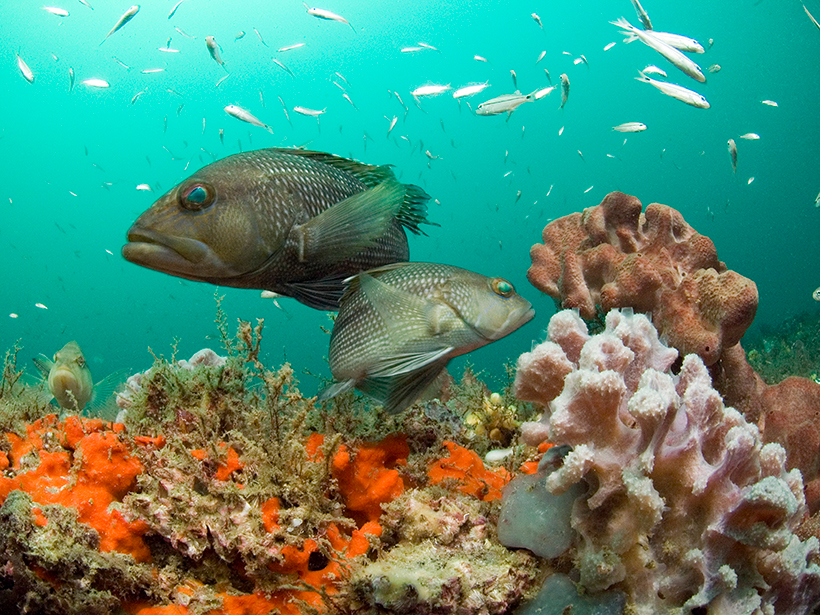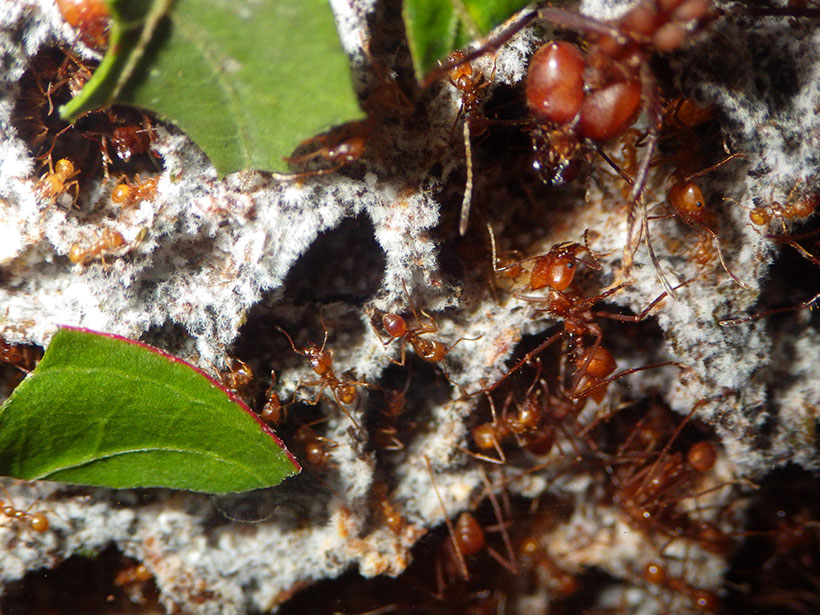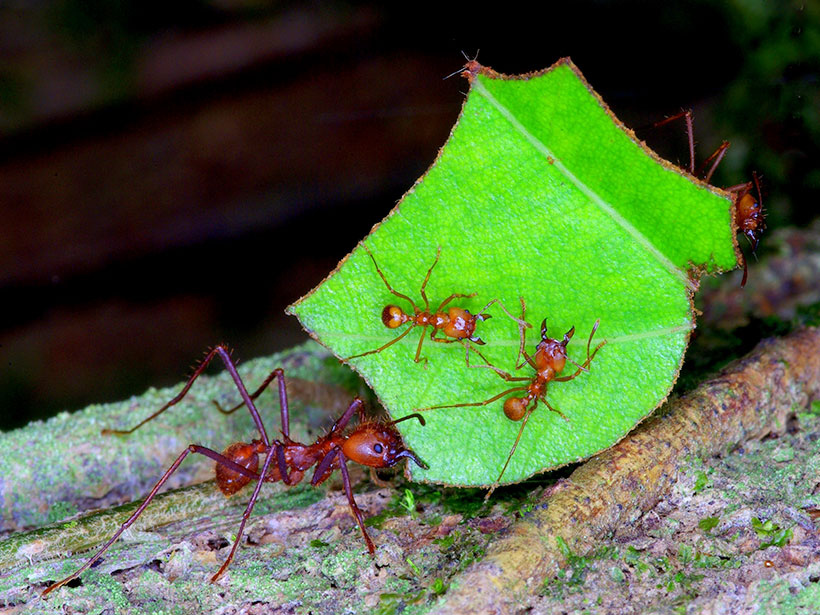Climate change will shift the warmest months, when disease rates spike, into tadpole season, which could endanger the long-term survival of common frogs.
animals
Predicting Wave Wash Overs for Sea Turtle Nests
To better protect coastal species, researchers developed a model that predicts harmful wash overs with 83% accuracy.
Global Warming Hits Marine Life Hardest
The lack of thermal refugia in the ocean means marine life has nowhere to escape from rising sea temperatures.
The Ice Nurseries of the Arctic Are Melting
Ice formed in coastal nurseries along Russia’s Arctic coast is melting before it can float far offshore. Scientists are worried about what that means for wildlife.
Spruce Beetle Slows Snow Sublimation in Wyoming’s Mountains
A new study investigates changing water dynamics after a pest infestation in the Rocky Mountains.
Ant Nests Act as Carbon Dioxide Chimneys
Leaf-cutter ant nests emit thousands of times more carbon dioxide than the surrounding soils do, a new study has found.
Leaf-Cutter Ants Boost Carbon Dioxide Emissions from Soil
Leaf-cutter ant nest openings emit up to 100,000 times more carbon dioxide than surrounding soil, a new study shows.
Extinct Megatoothed Shark May Have Been Warm-Blooded
Preliminary results from a recent study may begin to shed light on why megalodons died out before the most recent ice age.
Tiny Marine Shells Reveal Past Patterns in Ocean Dynamics
A 400,000-year calcium carbonate record from the ocean floor sheds light on deep-ocean circulation and on mechanisms driving climate patterns and atmospheric carbon dioxide concentrations.
Why Is the Gulf of Maine Warming Faster Than 99% of the Ocean?
The Gulf of Maine’s location at the meeting point of two major currents, as well as its shallow depth and shape, makes it especially susceptible to warming.










